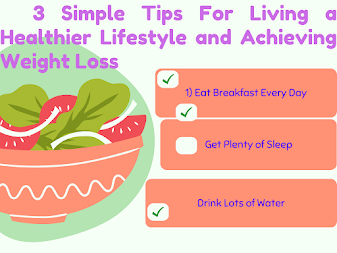Lifestyle and weight management
Crash Diets are Healthy
No, crash diets are not healthy. Crash diets involve severely reducing caloric intake to lose weight quickly. This can lead to a range of negative health effects, such as vitamin and mineral deficiencies, fatigue, dehydration, and an increased risk of developing eating disorders. Crash diets are not recommended and should not be used as a long-term weight loss strategy.
Low-Fat Diets are Always the Best Choice
No, low-fat diets are not always the best choice. It is important to maintain a balanced diet that includes a variety of foods from all food groups. Low-fat diets can be beneficial for some individuals, such as those with high cholesterol, but they can also be lacking in essential vitamins and minerals. Eating a balanced diet that includes healthy fats, such as those found in nuts, fish, and avocados, can be beneficial for overall health.
Eating Healthy to Lose Weight is Not Effective
No, eating healthy to lose weight is not only effective, but it is also the recommended way to lose weight. Eating a balanced diet that includes a variety of fruits, vegetables, whole grains, and lean proteins can help to fuel the body and provide essential vitamins and minerals. It is important to avoid processed and sugary foods, as these can lead to weight gain. In addition to healthy eating, regular physical activity is also important for weight loss and overall health.
You Have to Exercise for Hours to Lose Weight
This is not true. You can lose weight healthily and sustainably without having to exercise for hours. Exercising for 30 minutes a day is enough to help you reach your fitness goals and maintain a healthy lifestyle. There are also other ways to lose weight such as following a balanced diet and cutting out processed foods. Additionally, regular exercise can help you maintain a healthy weight in the long term.
How to Maintain a Healthy Weight
1. Follow a balanced diet: Eating a balanced diet is essential for maintaining a healthy weight. Eating a variety of nutritious foods from all the major food groups, such as fruits, vegetables, whole grains, lean proteins, and healthy fats, will ensure that your body is getting the nutrients it needs.
2. Exercise regularly: Regular exercise is important for maintaining a healthy weight. Aim for at least 30 minutes of physical activity per day, such as walking, swimming, or cycling.
3. Avoid processed foods: Avoiding processed foods, such as fast food and packaged snacks, is key for maintaining a healthy weight. These foods are often high in added sugars, sodium, and unhealthy fats.
4. Get enough sleep: Getting enough sleep is important for maintaining a healthy weight. Not getting enough sleep can cause hormonal imbalances that can lead to food cravings and overeating. Aim for 7-9 hours of sleep each night.
5. Manage stress: Managing stress is important for maintaining a healthy weight. High-stress levels can lead to emotional eating, which can cause weight gain. Make sure to take time for yourself to relax and reduce stress in your life.




